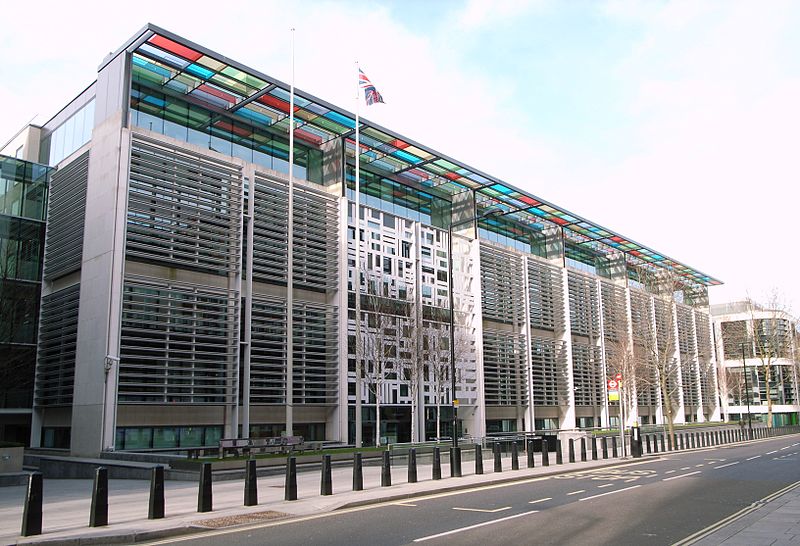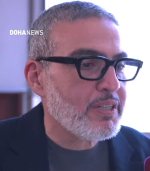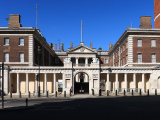
The announcement is the latest step in the government’s ongoing work to slash the number of hotels being used for asylum seekers, which currently costs the UK taxpayer £6million a day.
The new sites include the opening of large sites at Wethersfield and Scampton, with the first migrants moving in from this summer. Numbers on site will rise to around 3,000 this autumn. In total, the sites will accommodate up to 3,700 asylum seekers.
Two new vessels have been secured to provide 1,000 alternative bed spaces. Their location will be announced in the coming weeks.
A site in West London is already providing suitable accommodation to asylum seekers and the Home Office will expand the amount of beds even more by using a recently renovated large block.
The first group of asylum seekers to be accommodated on a barge will move onto a vessel in Portland Port in the next few weeks, rising to a total of 500 migrants over time.
The government will also ensure asylum seekers are not routinely being given single hotel rooms at great expense to the taxpayer. Instead, asylum seekers will roomshare across hotels, which will save £250 million a year and could reduce the need to source an additional 90 hotels.
Home Secretary Suella Braverman said:
I have been clear that the unacceptable number of people making frankly illegal and dangerous crossings must stop.
That’s why we are taking immediate action to deliver alternative accommodation, bring down the asylum backlog and use new technology in Dover.
We will continue to crack down on the abuse of our asylum system, ultimately saving the British taxpayer money.
The announcement follows the Prime Minister’s update on how our work to stop the boats, one of his five priorities for the public, is working. Small boat arrivals are down 20 percent on this time last year and the asylum backlog of legacy cases has fallen by over 17,000 since December 2022.
The Small Boats Operational Command, set up in January, is also continuing its operations to build on this initial success and to ensure this trend continues ahead of what has previously been the busiest period of the year for crossings.
The Prime Minister made clear that while progress is being made, there is still work to do and obstacles ahead of us. This is why we must keep using every tool at our disposal to stop the boats and why the Stop the Boats Bill must become law.
The government is also stepping up efforts to reduce the number of foreign criminals allowed to stay in the UK while fighting deportation, resuming a policy that means their appeals against human rights claims can only be made or continued from outside the UK. The ‘deport first, appeal later’ policy will initially restart in five countries, with the government working at pace to set up video rooms in 21 other countries which have consented to live link evidence. Photo by Steve Cadman, Wikimedia commons.









































